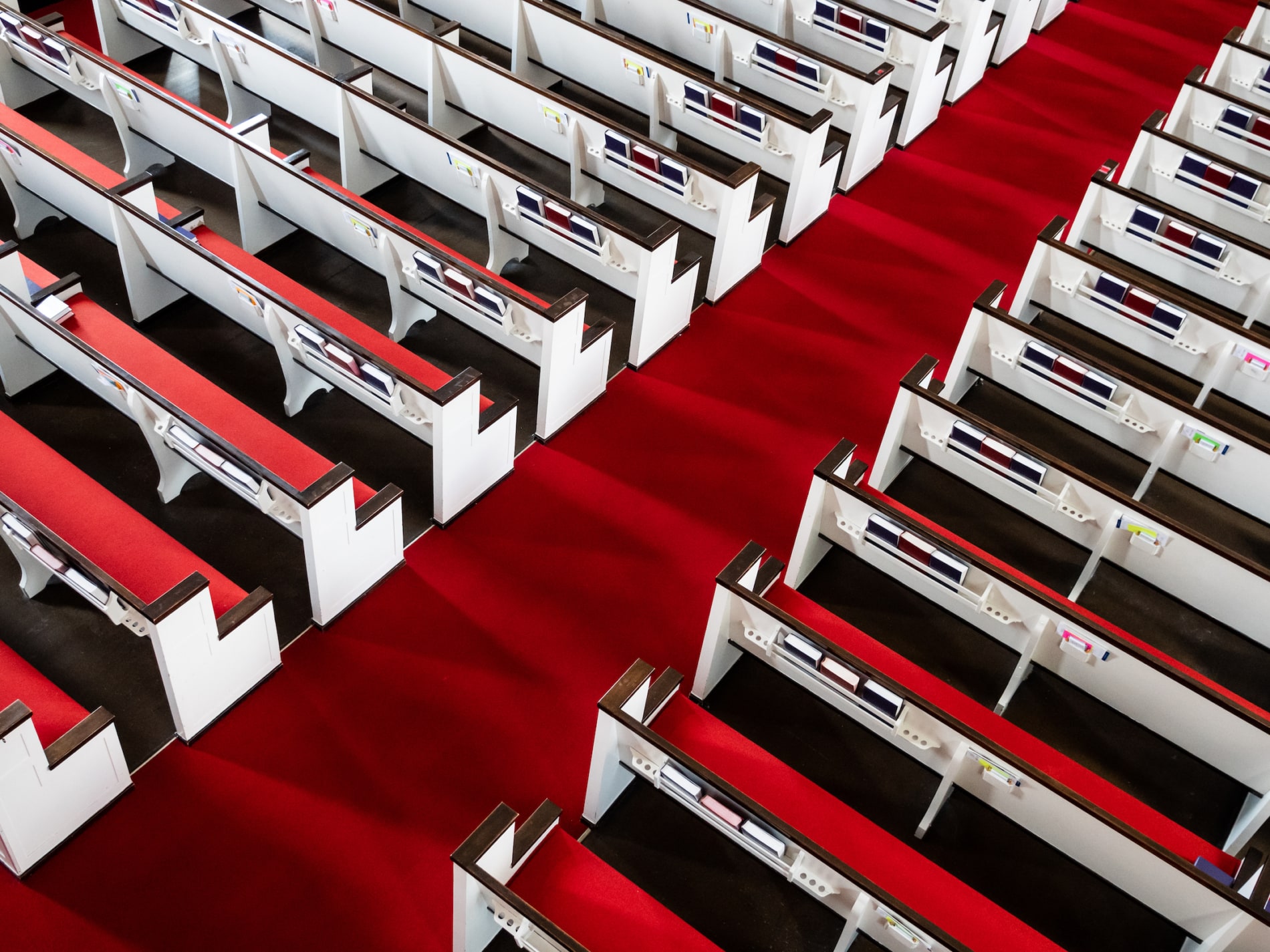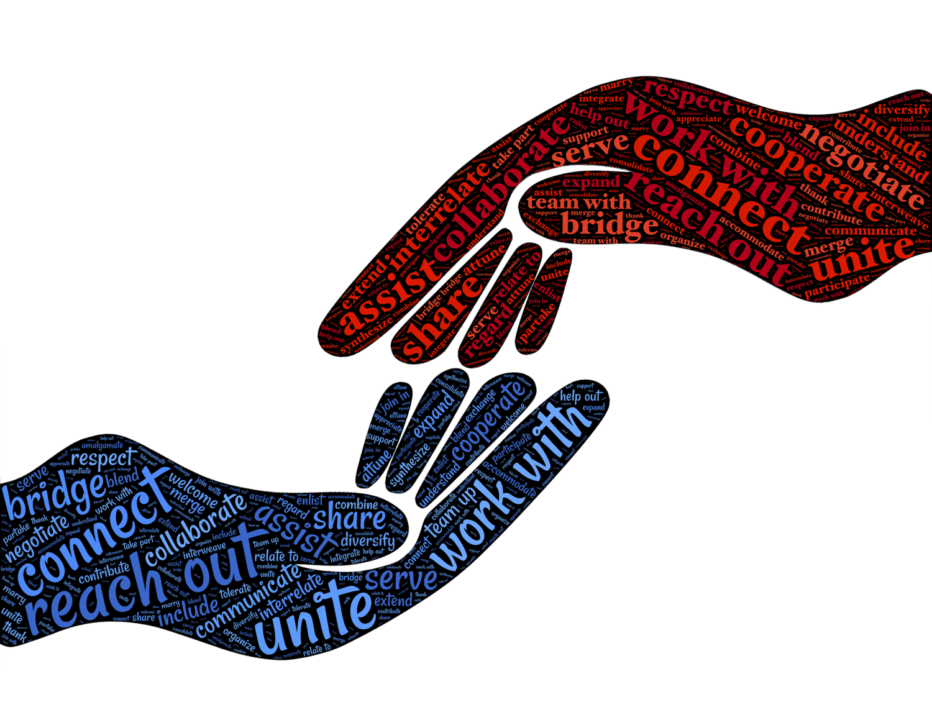
News & Announcements

Week Two of the Dismantling Racism Challenge
August 12, 2020
Welcome to the second week of the 30 Day Dismantling Racism Challenge sponsored by the Dismantling Racism group at Catonsville Presbyterian Church.
Each day will focus on one of ten themes of learning and action:
- Learn About the History of Race in the US
- Learn About Current Issues Around Racial Injustice
- Educate yourself on topics around Diversity and Inclusion
- Support Minority Owned Businesses
- Contribute to Minority Serving Organizations
- Advocate for Changes in Government
- Seek Out Minority Voices
- Share What You’ve Learned
- Advocate for changes in your community and workplace
- Join Up!
If you’re unable to complete the specific action on the day identified, please feel free to pick another activity and return to skipped activities at another time or even come up with your own action that fits the theme for the day. These activities will challenge you, but they shouldn’t be impossible! The order in which you complete them isn’t important. What’s important is take on some new action each day of the challenge. Here we go!
August 8th
Theme: Seek out minority voices.
Challenge: Explore the issues with which minorities have to cope each day.
Details: It’s often said, one doesn’t understand another person’s life until you have walked in their shoes. Listen and/or read without ego or defensiveness to people of color.
- “I Didn’t Tell You”. Ever wonder what a day in the life of a person of color is like? Listen to this poem, written and spoken by Norma Johnson. (7 minutes)
- An interview with the founders of Black lives matter. (TED Talk from 2016 but very pertinent, 16 minutes)
- Listen to multiple videos with a range of racial and ethnic perspectives on the lived experience of racism in the US. (Each video is about 6 minutes) Try to listen to as many as you can if not all. Included are comments from Native, Asian, Latino and Black Americans.
August 9th
Theme: Advocate for change in your community and workplace
Challenge: Explore the Concept of Unconscious (or Implicit) Bias and how early it occurs in life.
Details: Bias is learned in childhood. By age 3, children can be aware of racial differences and may have the perception that “white” is desirable. By age 12, they can hold stereotypes about ethnic, racial, and religious groups, or LGBT people. Because stereotypes underlie hate, and because almost half of all hate crimes are committed by young men under 20, tolerance education is critical.
- If you or a friend is an educator, watch or share this video of Neil deGrasse Tyson speaking about the experience as a black student telling people he wanted to be a scientist and astrophysicist. Be an educator who supports and encourages, not one who dissuades. Talk to educators you know about being supportive and encouraging. The video is 7 minutes long
- Learn how racism affects children by watching Kids on Race, The Hidden Picture, CNN 360 Special Report, A Look at Race Relations through a Child’s Eyes, Video hosted by Anderson Cooper from 2012. The video is 11 minutes long
- Read article: 6 Things White Kids Say About Race That Parents Should Call Out Now
August 10th
Theme: Join up.
Challenge: Involvement creates opportunity to facilitate change.
Details: “Tell me and I forget. Teach me and I remember. Involve me and I learn.” Attributed to Benjamin Franklin (but that is questionable).
- Check out organizations on a national or state level working for systemic change like
- Common Cause. A non-partisan, grass roots organization dedicated to upholding the core values of American Democracy. They work to create open, honest and accountable government that serves the public interest; promote equal rights, opportunity and representation for all; and empower all people to make their voices heard in the political process. www.commoncause.org/maryland/
- Research Southern Poverty Law Center, specifically it’s educational materials about Teaching Tolerance.
- Join or support organizations you become passionate about.
August 11th
Theme: Learn about the history of Race in the US.
Challenge: Learn about the origin of the concept of Race and Whiteness.
Details: To understand the origins of racism, we need to understand the origins of “Race”.
- Watch Bryan Stevenson’s 6 minute discussion, “We can’t recover from this history until we deal with it”, legacy of slavery and the vision for creating the National Memorial for Peace and Justice and the Legacy Museum in Montgomery, AL. Harvard Law School YouTube, January, 2019.
- Review the pamphlet The Asset Value of Whiteness, Understanding the Racial Wealth Gap. Specifically read the Introduction and the Conclusion. If time and interest permit, please read the entire document.
- Register for an online moderated discussion of Robert P. Jones new book, “White Too Long, The Legacy of White Supremacy in American Christianity”, Wednesday, September 2nd, 4-5pm.
As Jones argues in the book, confronting unsettling truths around Christianity’s role as a cornerstone of white supremacy in the United States—truths that have inter religious implications—is the only way to salvage the integrity of faith and religious identities. The moderated discussion will look not only to accepting responsibility for the past, but exploring the work toward repair required in the present. This should be of interest whether or not you’ve read the book.
August 12th
Theme: Learn about current issues around Racial Injustice
Challenge: Understand why our criminal justice system is sorely in need of reform.
Details: In “So you want to talk about race”, Ijeoma Oluo writes about the “school to prison pipeline” in chapter 8. The author says “…we have a serious problem with how our schools are educating and disciplining black and brown children. And that problem is called the school to prison pipeline. The ‘school to prison pipeline’ is the term commonly used to describe the alarming number of black and brown children who are funneled directly and indirectly from our schools into our prison industrial complex, contributing to devastating levels of mass incarceration that lead to one in three black men and one in six Latino men going to prison in their lifetimes, in addition to increased levels of incarceration for women of color.” How is justice dispensed and what is the impact on race?
- Watch the Netflix documentary 13th, 99 minutes. 13th is a 2016 American documentary film directed by Ava DuVernay. The film explores the “intersection of race, justice, and mass incarceration in the United States;” it is titled after the Thirteenth Amendment to the United States Constitution, adopted in 1865, which abolished slavery throughout the United States and ended involuntary servitude except as a punishment for conviction of a crime.
- Learn about The Bail Project. Mission Statement:The Bail Project, Inc. is a non-profit organization designed to combat mass incarceration by disrupting the money bail system ‒ one person at a time. We believe that paying bail for someone in need is an act of resistance against a system that criminalizes race and poverty and an act of solidarity with local communities and movements for decarceration. Over the next five years, The Bail Project will open dozens of sites in high-need jurisdictions with the goal of paying bail for tens of thousands of low-income Americans, all while collecting stories and data that prove money bail is not necessary to ensure people return to court. We won’t stop until meaningful change is achieved and the presumption of innocence is no longer for sale. https://bailproject.org
August 13th
Theme: Educate yourself on topics around Diversity and Inclusion.
Challenge: Learn about microaggressions, how to recognize them, and respond to them.
Details: Microaggressions are the everyday verbal, nonverbal, and environmental slights, snubs, or insults, whether intentional or unintentional, which communicate hostile, derogatory, or negative messages to target persons based solely upon their marginalized group membership. Recognizing microaggressions and how to be an antiracist ally requires exploration and education. It is such an important topic that it is the only offering for the day.
- Read the CNN article on how to respond to microaggressions. Note, it is not a video, it’s an article. Take your time reading and digesting the examples. Some other possibilities
- Watch the YouTube video “Ask Yourself” on micro aggression and how we perceive young black boys as they grow to be teenagers and adults. This video is 2 minutes long.
- PBS series “What I Hear When You Say” episodes “Code Words” and “The Race Card”. Each video is less than 7 minutes long.
August 14th
Theme: Support minority owned businesses
Challenge: Finding minority owned businesses to support.
Details: Support minority and black owned businesses. Find them on:
- WeBuyBlack
- The Black Wallet
- Official Black Wall Street
- Support the only black owned bookstore in Maryland. This is the bookstore from which CPC purchased books for the discussion of “So You Want to Talk About Race.”
Wisdom Book Center
5116 Liberty Heights Ave.
Baltimore, MD. 21207
410-644-1946